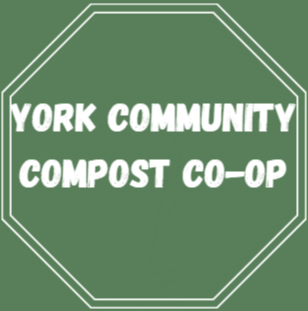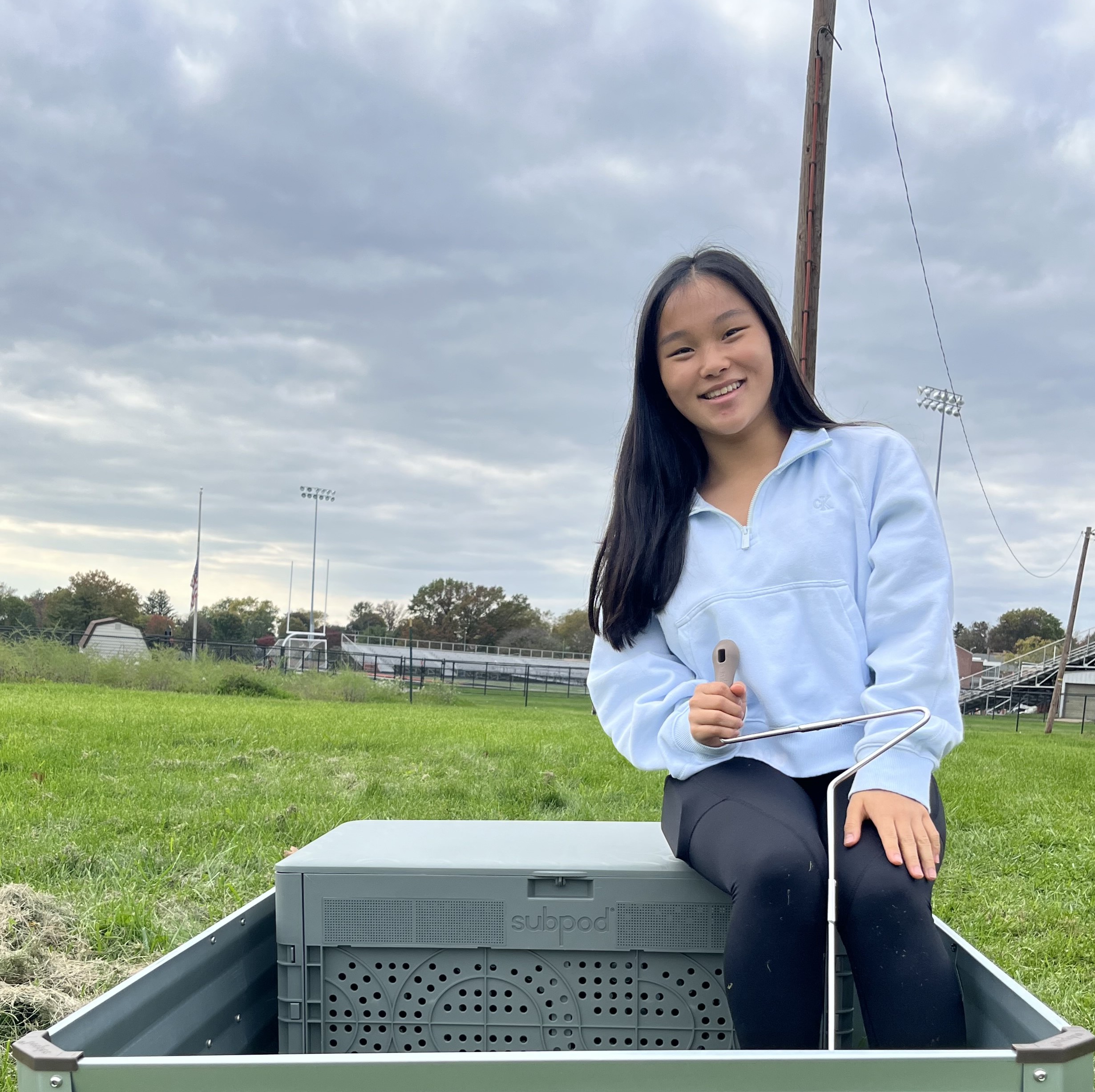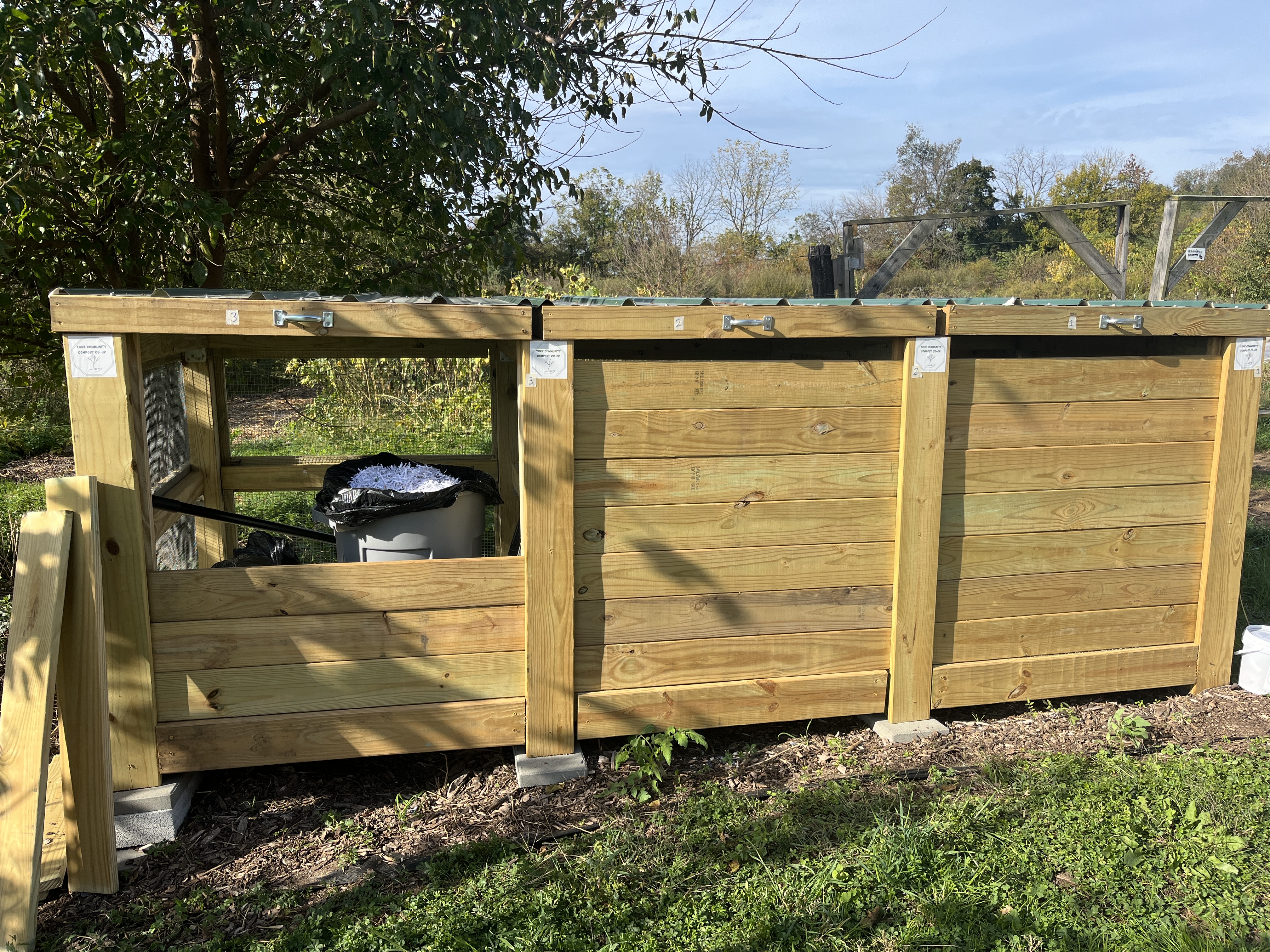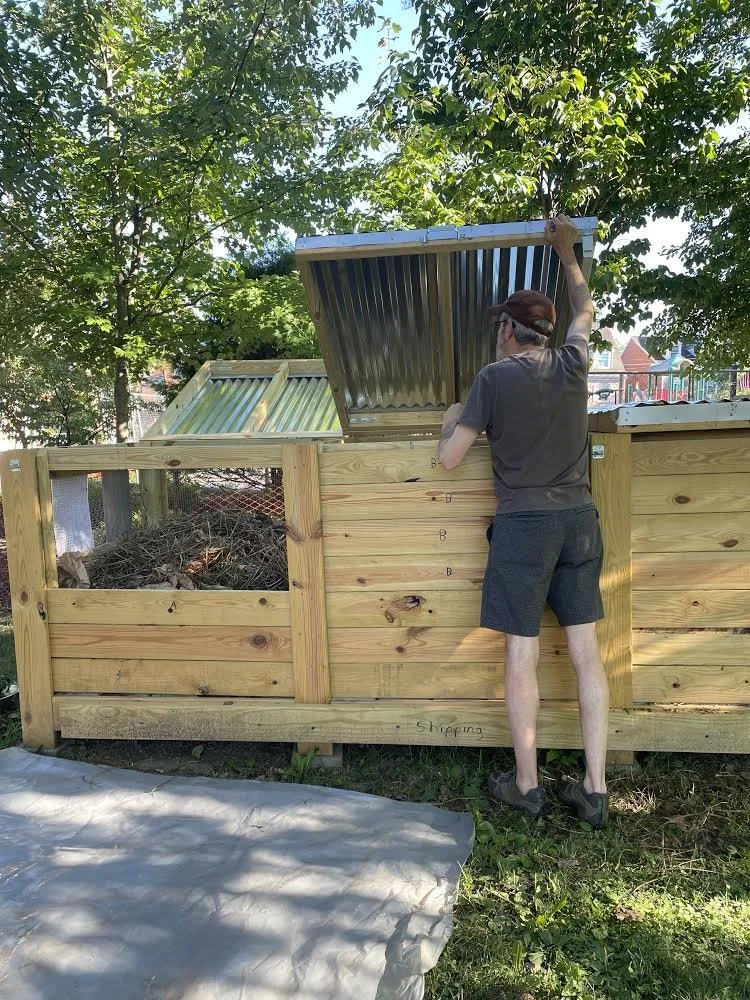ABOUT THE CO-OP
Who We Are
The York Community Compost Co-op was built to connect families, reduce landfill waste, and create healthy soil for our community gardens. In partnership with York County Economic Alliance & supported by York County Community Foundation. Operates in partnership with Horn Farm Educational Center. Volunteer-powered, youth-led initiative launching in 2025. Inspired by Lancaster’s successful community compost co-op. Our mission is simple: reduce waste, enrich soil, and grow a sustainable York County.
Hello, I'm Alexia Purkanto. I started the York Community Compost Co-op with our community and environment in mind. I also run Fragrance Gems Co., where I create non-toxic and clean-ingredient fragrance diffusers and sustainable everyday swaps that reflect my passion for clean, practical solutions.
My sustainability journey began at home when I realized how easy composting is at reducing environmental impact and generating a nutrient-dense fertilizer. That led me to introduce composting school-wide through Subpod, after recieving over 500 signatories in favor of pioneering sustainability at my school. After seeing the success of the Lancaster Compost Co-op, I envisioned a similar idea for the York area — with months of planning, coordination, and collaboration, we made it happen.
My goal is simple: make composting accessible, build environmental awareness, and create a culture of community-led action — especially youth-led initiatives.
If you want to get involved or join our co-op, sign up here or reach out directly.
Committed to building this community together,
Alexia
Three Objectives of the Co-Op
Reduce Waste
Our goal is to make it simple, easy and accessible for the residents of the City of York to compost their organic waste by placing compost bins in public areas across the city, with the ultimate goal to divert waste from landfills and decrease greenhouse gas emissions.
Enriching Soil
Our composting bins are more than a place to throw away waste, but a place for neighbors to build connections and work on common issues. We take pride that our sites are highly visible and unique to the personality and needs of the leadership team and neighborhood. We offer educational opportunities for the entire community, including a rain garden, and nature workshops.
Growing a Sustainable York County
We conduct research to build data-based solutions for fostering equitable public engagement in environmental issues and strengthening community collaboration across York’s diverse populations. We hope to identify strategies to simultaneously reduce costs and greenhouse gas emissions. Our long-term goal is to ultimately become “obsolete” as a system-wide, integrated program is established to divert food waste.
Why Get Involved in Composting?
Food waste is a hidden climate problem—but composting is a simple, local solution.
30-40% of the U.S. food supply is wasted each year—equal to about 133 billion pounds of food (U.S. Department of Agriculture, 2023).
When food waste goes to landfills, it produces methane, a greenhouse gas over 25 times more potent than CO₂ (U.S. EPA).
In Pennsylvania alone, 12% of landfill waste is food scraps that could be composted (PA Department of Environmental Protection).
By composting, you cut emissions, reduce landfill overflow, and create nutrient-rich soil that supports local gardens and farms.
Every family that composts can divert 200+ pounds of waste per year from landfills. Together, our York Co-op's 60 families can prevent 12,000 pounds of waste annually—and turn it into something useful.
Frequently Asked Questions
-
What a great question! Yes, there are a multitude of social, economic, and environmental benefits:
1) Strengthening community by bringing people together with a shared sense of neighborhood stewardship,
2) Reducing city costs by diverting solid waste from the municipal waste stream,
3) creating economic opportunities through new revenue streams, and
4) addressing climate change by reducing greenhouse gas emissions. -
Fruit/vegetable scraps, coffee grounds, eggshells, and more (see full list here).
-
Anytime Horn Farm is open! Our bins are accessible 24/7.
-
Members will be notified via email or social media before each harvest.
-
Nope—it’s 100% free thanks to community funding.
-
Various factors determine bin placement. Because increasing access is a primary focus, the bin must be in a public location that is easy to use by all community members interested in participating. Currently, many of our bins are in public parks. We place particular care to ensure that bins are in a visible location but safely away from private residences. In addition, we strive to have bins located across all quadrants of the city. Lastly, and most importantly, we only place bins in locations with a network of community support and identified co-captain volunteer.
-
Yes! Anyone in York County is welcome to participate.
-
Before we install a new bin, our partners at the City administer a community survey to collect questions and concerns. We have had so much positive feedback. If and when issues do arise, we have worked with the local neighbors to make modifications to the bin to maximize benefit for all.






